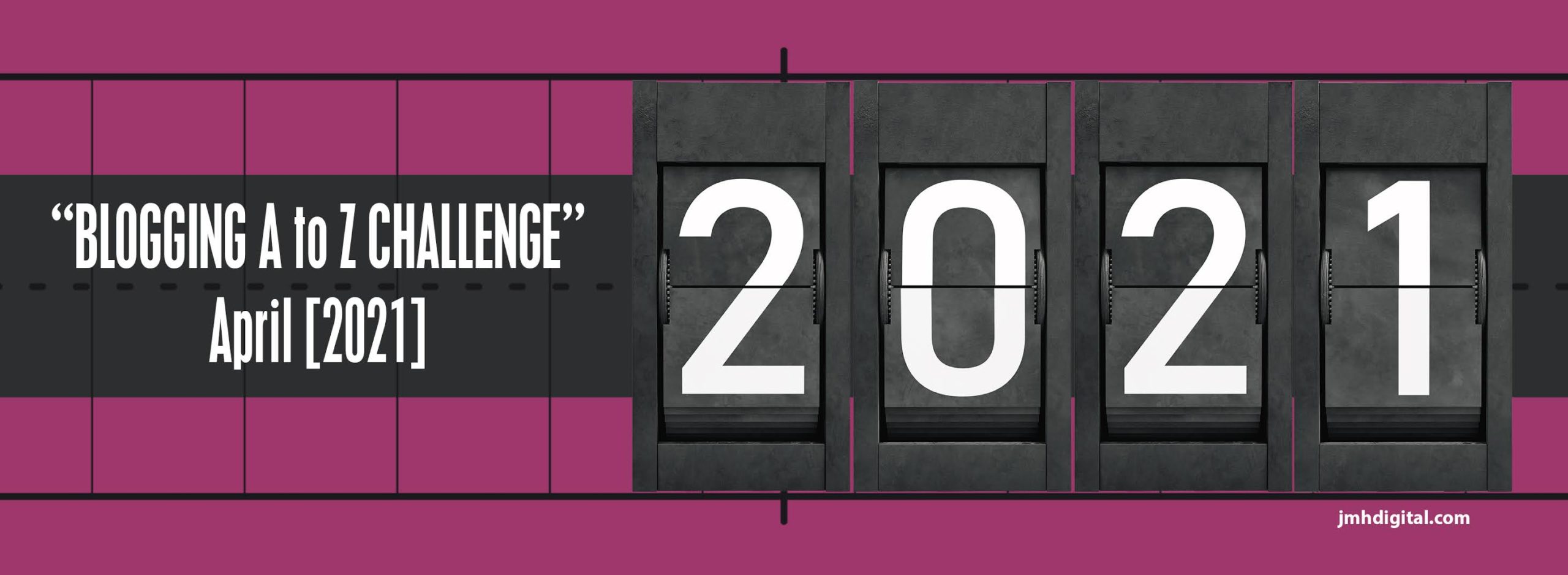
In her essay, “Why I Write,” Joan Didion says that writing is an imposition on the privacy of the reader. Specifically, she says, “there’s no getting around the fact that setting words on paper is the tactic of a secret bully, an invasion, an imposition of the writer’s sensibility on the readers most private space.”
I disagree. It is not the privacy of the reader we are violating, but our own. The reader has invited us into his space, at least as well as we know. Perhaps a teacher is holding a grade hostage to our writing or, as fantastic as it might seem, perhaps some gunman is forcing the reader to read our work, but in those cases, it is the teacher or the gunman invading the privacy of the reader, not the writer.
The writer is not a bully, taking over your private space. The writer is the lonely person on an airplane who takes your polite inquiry into their health as a chance to tell you how they were the first runner up for homecoming queen, about how he recently had heart surgery, or about the recent loss of her cat Gallagher. We are walking fonts of oversharing.
It is easy to show how this is true when it comes to memoirs or personal blogging. It is less obvious in most fiction or non-fiction that is not advertised as personal. The reality is not only is all good or great writing built of pieces of the author’s innermost life but all but the most mediocre writing is as well. Although I don’t like the word ‘authentic’ when referring to art as a general rule, one of the things I will label as inauthentic is writing down without drawing on the writer’s soul.
This is not to say soulless writing has no place. When I write an email at work to one of the other teams to report a software error, I’m not being authentic. I’m describing a quick set of facts they need to debug the issue. When a salesman compiles his expense report, he isn’t authentic; he is truthful.
That does not mean writing for computers or sales must not be authentic. The best computer writing is very much a product of the creator’s soul. Read through any issue of the International Journal of Proof-of-Concept or Get The Fuck Out (PoC||GTFO), and the passion drips from the page when it isn’t just punching you in the face. Dan Kaminsky’s “Four Lines of Javascript that Can’t Possibly Work So why do they?” from the second issue is an in-your-face challenge. Those lines of code should not produce a string of random numbers, but they do. I have a working version, so prove me wrong. An issue later, an equally passionate by joernchen of Phernoclit demonstrates a failure in some environments. Equally, anyone who says salesmen will not write without passion has not been on the receiving end of a car pitch.
How can the car salesman be authentic given they have a reputation for playing fast and loose with the truth?
Let me ask you, are you always honest with yourself?
A writer is invading his own privacy to create something worth reading. The worst lies are the ones we tell ourselves in private. If we are dredging those private spaces we are going to dig up our own lies. That’s one of the reasons to write. Didion says she writers to know what she thinks. I believe her. It is one of the reasons I write.
But I also write to be honest with myself, to find the lies I tell myself and expose them to the light of day.
It isn’t your privacy I violate doing that, it is mine.
Unless, of course, I’m finding the lies you’re telling yourself as well.
But even then, that’s not an invasion of privacy. It is kinship.


This description of writers definitely earned a smile from me: We are walking fonts of oversharing.
I do not look at writing as an imposition upon anyone, least of all the voluntary reader.
https://gail-baugniet.blogspot.com